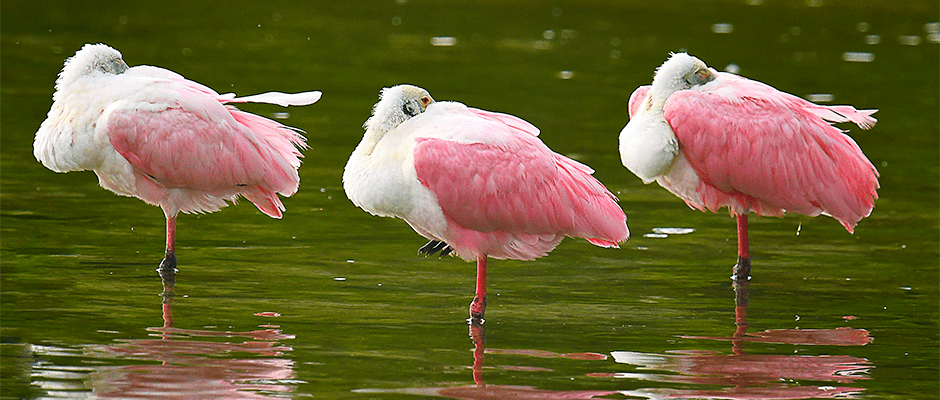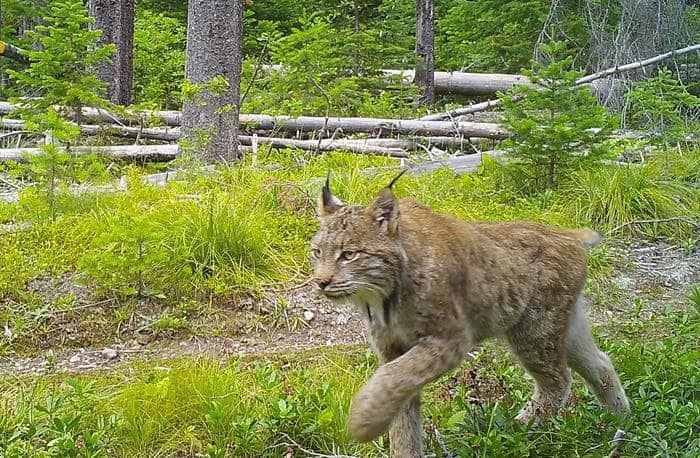Share this article
Shutdown continues as 116th Congress begins
With 800,000 federal workers furloughed or working without pay, Washington D.C., is quieter than normal, even as new member of Congress and their families flock to the city as the 116th Congress commences.
One the first day of the new Congress, lawmakers passed a rules package, setting the framework for how they will function. The new rules package did not include a contentious provision from the previous Congress that made it easier to sell federal public land by not requiring such a transfer to account for the revenue generated by that land through logging, energy extraction, grazing or other means.
In the 115th Congress’ last day, the Senate approved several nominations, including Mary Neumayr to head the Council on Environmental Quality and Kevin Droegmeier for director of the White House’s Office of Science and Technology Policy. However, it did not take a vote on either Aurelia Skipwith as director of the U.S. Fish and Wildlife Service or Susan Combs as Interior’s acting assistant secretary for fish, wildlife and parks. Those nominees, and others not acted upon by the Senate, will have to be resubmitted by the White House to be consider by the Senate in this Congress.
Meanwhile, a quarter of the federal government remains in shutdown mode. The Department of Interior is affected, meaning that National Wildlife Refuges are largely unstaffed, with visitor’s centers, restrooms and other buildings closed. With litter piling up and resources unprotected, some refuges have decided to close entirely. For example, Kilauea Point National Wildlife Refuge has closed to protect visitor safety during the shutdown.
Despite the lapse in funding, several national parks have largely remained open, although with minimal staff. Like refuges, without staff to remove trash or clean restrooms, conditions are deteriorating quickly. The Park Service recently announced that it will attempt to pay some employees to return to work at popular sites using visitor entrance fee money, which is normally used to enhance visitor services and reduce the backlog of maintenance needs. Critics argue that such use of visitor fees may be illegal under the Federal Lands Recreation Enhancement Act, which authorizes the application and use of the fees for specific purposes.
The House is planning votes this week on legislation to fund the agencies currently shut down, but such legislation would still need to pass the Senate and be signed by the President.
Header Image: Roseate spoonbills (Platalea ajaja) at Ding Darling National Wildlife Refuge in Florida, where educational programming has been cancelled due to the shutdown. ©Diana Robinson








